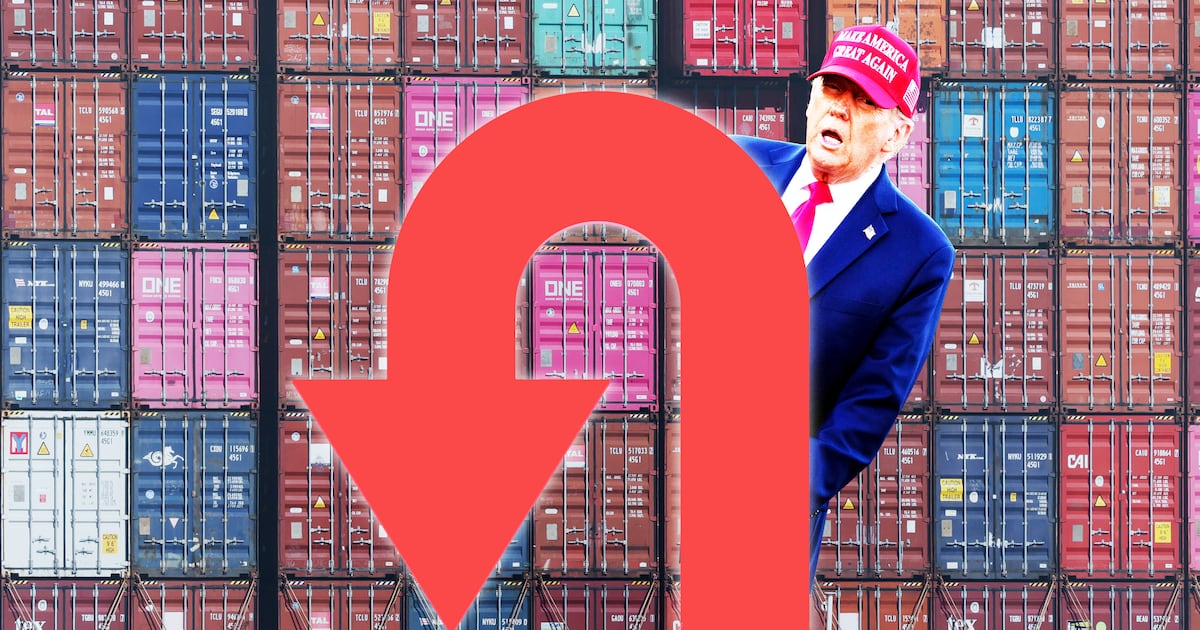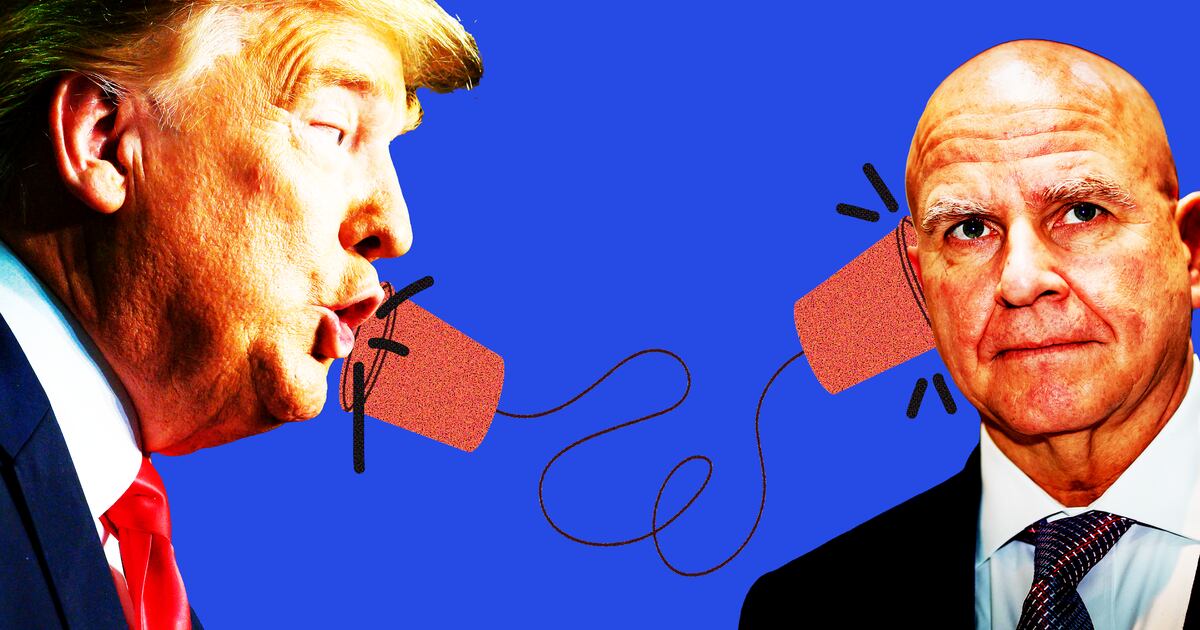
"Here is an opportunity for Barack Obama to show the world who he is, a man who does not get threatened, who keeps humanity above business and politics. He must prove that he is a president who keeps his promises. Obama now cannot turn back." These forthright words were emailed to me by a very forthright man, Tenzin Tsundue, one of the most energetic activists for independence among Tibetans of his generation.
The 35-year-old was born in India, and raised there by parents who fled Tibet in 1959. He fights the good fight—nonviolently—from his base in the northern Indian town of Dharamsala, where the Dalai Lama and thousands of other Tibetans live in exile. Tsundue's email to me was in response to a question I'd asked about the Chinese threats, issued this week, that Sino-U.S. relations would be severely damaged if Mr. Obama were to meet the Dalai Lama later this month.
“Google was cheating the world. This will be marked in history as an example of how a company collaborated with an authoritarian government and helped keep its people blind.”
Tsundue is adamant that the meeting should take place, as promised by the White House. "By Obama meeting with His Holiness the Dalai Lama, the Tibetans in Tibet who have lost their sons, daughters and parents, and whose friends are still missing from protests in 2008, will feel they have not been forgotten by America, that America still stands with them in the dream to see freedom and democracy in Tibet and China.
"One of the secrets of China’s aggressive media strategy," Tsundue explains, "is to try winning the argument even before it has started, by making the first bold statement." When dealing with such an aggressive interlocutor, he adds, "The basic strategy should be to be calm, and hold your ground. If you panic, China will chase you."
• John Bolton: Obama’s Reckless, Ridiculous China PolicyBut what way out is there, realistically, for the Tibetans? Here Tsundue—a wiry man who always wears a red bandana—appeals passionately, some might say naively, to America. "The 2008 national uprising in Tibet was a clear Tibetan mandate for Dalai Lama's leadership. In unambiguous terms, Tibetans said that they did not want to live under Chinese occupation. The U.S. must go beyond symbolic acts like the Congressional Medal and honorary citizenship for the Dalai Lama. It can recognize His Holiness as the spiritual and political leader of Tibet and recognize his exile government.
"But I do not see the U.S. doing it. They are too self-indulgent. If Obama truly means change, here is the chance for him to prove that he deserves the Nobel Peace Prize by supporting the Dalai Lama."
Tsundue, like many Tibetans, is embittered by history. The U.S. supported Tibet "right up until Nixon found friendship with China, when he shook hands with Mao." Suddenly, the military aid, training, and reinforcement stopped, leaving many Tibetan soldiers trapped in the high Himalayas with no food or arms. "Tibetans today feel used by the U.S."
How does Tsundue feel about the rise—so disconcerting to many—of China as a superpower? "I believe China can be prosperous and developed, but not in the way it is now, where 200 million elite and educated people rule over one billion workers and farmers.
"While China’s villages are still stuck with the Communist Manifesto, tech savvy businessmen in Guangdong, Shanghai, and Beijing are running slave labor, making young Chinese slog for 14 to 15 hours a day. And it is this cheap 'slave' labor that most multinational companies from the West are making money from. This is unfair from any angle, and there is no future for this. This will inevitably come crumbling down, which would be bad for future business. The U.S., and for that matter European countries, Canada, Japan, and Australia, could be dealing with the people of China, not with the dictatorial regime being run by Hu Jintao."
Tsundue believes that the world could one day learn to love China for its history and its rich culture, and also feel sympathetic toward the Chinese people, who have suffered greatly. But China today "is one of the most feared, if not hated, countries in the world.
"China does not need to feel glorious and powerful by bullying small countries like east Turkestan and Tibet. If China truly wants the international community to love it, and to recognize it as a dignified and developed country, it should behave like one."
What does this irrepressible activist feel about Google's role in China? Tsundue's response to the question is uncompromising. "When Google first came into China, allowing the government to censor searches on Tiananmen Square, Tibet, the Dalai Lama, Taiwan, and the life of Mao Zedong, we were one of the first to protest. I remember creating an image of the word 'Gulag' out of the Google logo, on a huge card. I was working with a team of young Tibetans in Dharamsala. It was on a Valentine's Day, and we said 'We do not love you anymore.'
"By taking a position akin to God, Google has earned an unimaginably high responsibility. But by censoring information on these sensitive issues, the company continued to work in the interest of the Chinese dictators. And since Internet users in China were deprived of this information, the very truth was reversed. Large numbers of Google users do not know the truth about Tiananmen and the Dalai Lama. In a way, Google was cheating the world. This will be marked in history as an example of how a company collaborated with an authoritarian government and helped keep its people blind. Tomorrow’s China will not forgive Google."
Tsundue is unwilling to grant Google credit for its latest stand-off with the Chinese regime. "Google collaborated with the Chinese government to capture the Chinese Internet market. But for Google to grow any more in China, it needed more space to grow than the Chinese government was allowing it. So Google wanted to shake things up a little to make some space for itself, and that’s why they threatened to shut up shop."
Google's apparent victory, Tsundue continues, is hollow and sterile. "Today, in China, Google does give you search results on all these sensitive issues, but when you click on to the links, they are all blocked. Can anything be more frustrating than to be aware of the existence of a page and yet not be able to see it?"
Tsundue is idiosyncratic, and tough. A decade ago, "tired of sloganeering in India," he crossed clandestinely into Tibet and was arrested by Chinese border guards. "I was blindfolded and thrown into jail. Arrested for not having papers, facing charges of being a separatist, I was beaten up, deprived of sleep and fed little food. From the western Tibetan town of Ngari, I was taken to Lhasa, where I was thrown into a detention camp. There, I was threatened almost everyday that I would be shot dead, or left to rot in prison, if I did not confess that I had been sent by the Indian government, or the Dalai Lama." Eventually, after three months in prison, he was deported to India.
There, he continued to pursue Tibet's cause with an almost theatrical vim. In 2002, on the occasion of Chinese Premier Zhu Rongji's visit to Mumbai, he scaled scaffolding up to the 14th floor of Zhu's hotel and unfurled a large banner that read, "Free Tibet: China Get Out." In 2005, when Premier Wen Jiabao visited Bangalore, he climbed a 200-foot high tower and waved another "Free Tibet" banner.
"I am a small-time activist," he says, self-effacingly. "A poet and a writer. I have no mikes with high-decibel speakers, so sometimes I climb buildings and shout from the heights. To capture the attention of the media is not easy, because I am nobody, and I have no promise of money or power. So I borrow the media that trails Chinese prime ministers and presidents.
"I have a life commitment to my work. I have pledged that until we free Tibet, I will wear this red bandana on my forehead. And I will take it off only when my country is free from Chinese occupation."
Tunku Varadarajan is a national affairs correspondent and writer at large for The Daily Beast. He is also a research fellow at Stanford’s Hoover Institution and a professor at NYU’s Stern Business School. (Follow him on Twitter here.)





